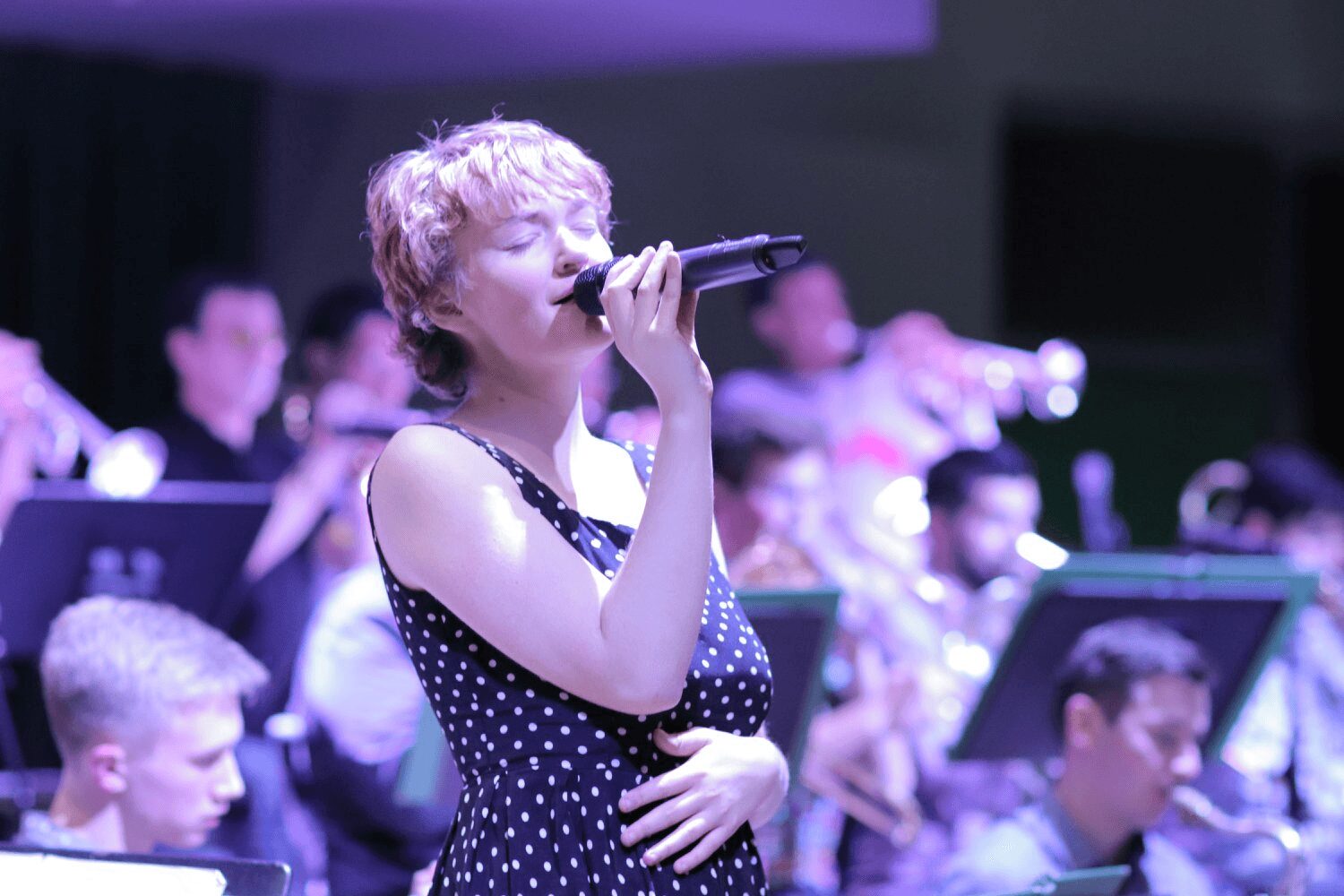Alright – so today we’ve got the honor of introducing you to Lizzi Trumbore. We think you’ll enjoy our conversation, we’ve shared it below.
Lizzi, thanks for taking the time to share your stories with us today Can you talk to us about how you learned to do what you do?
Growing up, my family was constantly listening to music or going to concerts. I was such a sponge, absorbing melodies in a way that felt very personal to me in a way that I couldn’t explain. My favorite albums as a kid were by artists like Manhattan Transfer, Amy Grant, Enya, Diane Schuur, and the Count Basie Big Band. I started taking piano lessons when I was 6 years old and would spend hours at the piano, oftentimes ignoring the assignments that my wonderful teacher gave me, and instead just improvised and made up little songs that I never remembered. From there, I went on to play or sing in wind ensembles, jazz bands, orchestras, and choirs. I filled my time with music and it was my happy place at school.
Knowing what I know now, I could say that I wish I practiced more piano fundamentals, and that I had a more regimented work ethic as a kid, but then I wouldn’t have come into my craft in my own way. Improvising, curiosity, and experimenting with sound were always in the forefront. Whenever I have a young piano student who is more interested in improvising than playing out of our method books, I can relate and I always encourage this, because I know it means they have a deep love for music. Once they establish that connection, they will have a hunger to learn more about the fundamentals and will come into their musicianship on their own accord, rather than feeling forced into it.
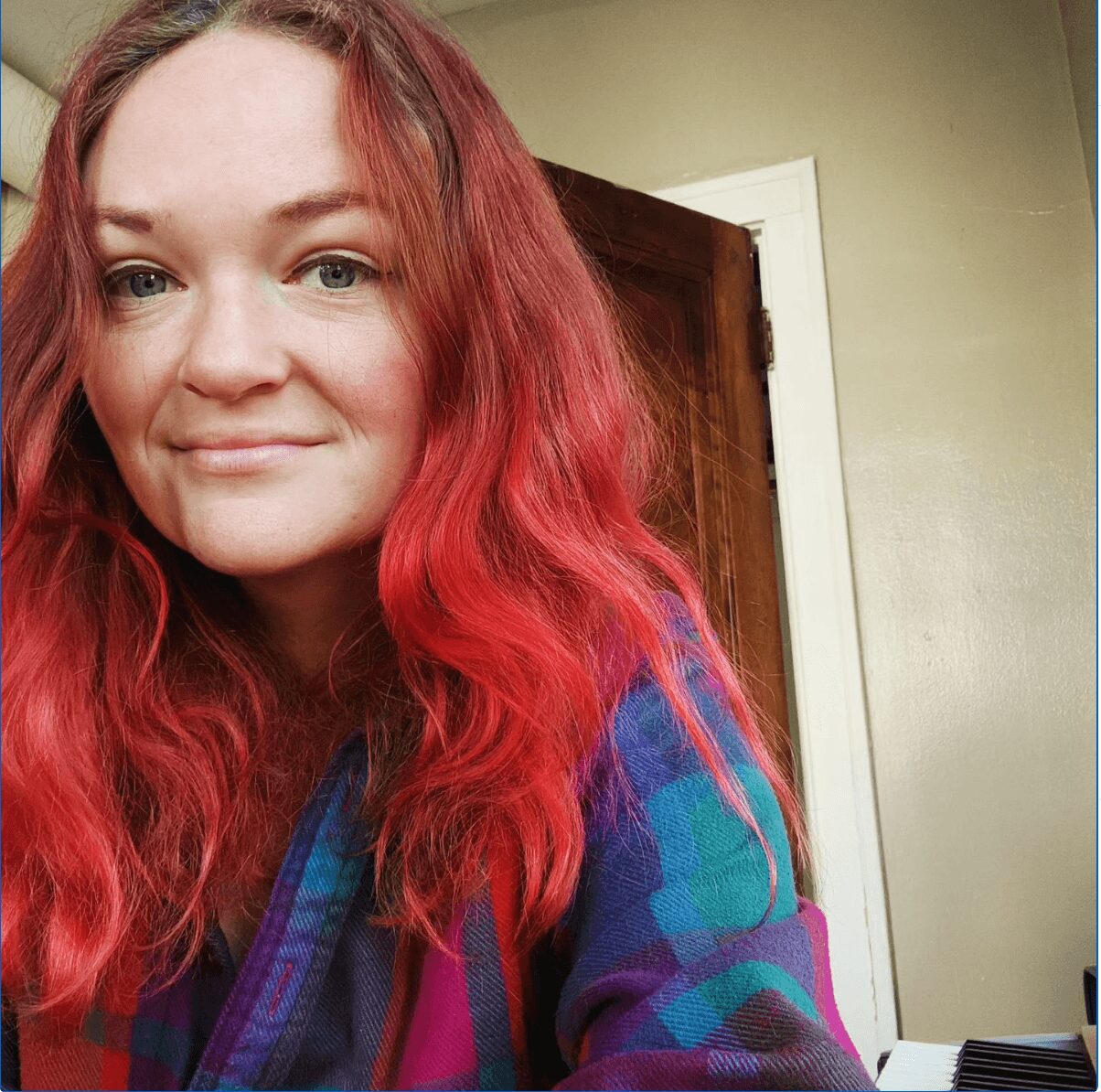
As always, we appreciate you sharing your insights and we’ve got a few more questions for you, but before we get to all of that can you take a minute to introduce yourself and give our readers some of your back background and context?
I am a Chicago-based jazz musician and educator, and I run QZ Music Lessons alongside my partner Quinn Dean. We teach musicians of all ages and backgrounds, and we both share a passion for helping people build confidence in their artistry and themselves through music. While I have some background in classical music, we specialize in jazz, pop, rock, country, and alternative styles.
While working in the music industry is no walk in the park, it didn’t seem hard for me to “break into the business” because music was something I was constantly surrounded by and seeking out. It at least felt easy to start creating! Being a part of the San Diego music community was a very supportive atmosphere as a highschooler. There were many professionals and teachers in the scene that welcomed me in and encouraged me to start gigging professionally as a jazz singer when I was 15. I continued my education at the University of North Texas, which has one of the largest music programs in the country. It was exciting to be once again surrounded by people who were nerdy about the same niche things I was nerdy about.
Some of my proudest moments as an educator have been when a student tells me that they used to be nervous or overwhelmed by singing a certain song or playing a piece at a faster tempo, but now it feels easy and fun. I especially love when I have students who are eager to put their own spin on their music, because it tells me that they are thinking out of the box and like a real artist!

Is there something you think non-creatives will struggle to understand about your journey as a creative?
Pursuing a career in music is not just about winning TV singing competitions or getting on Spotify playlists. I think that with the rise of many independent artists that are getting recognized through online communities, this idea of music being only about stardom is a less commonly held belief than it used to be in the height of American Idol’s popularity, but it’s still worth saying. There is so much value and life to be made in local music scenes. There are thriving and talented musicians in just about every pocket of the world that are making a living doing what they love without meeting the “starving artist” stereotype.
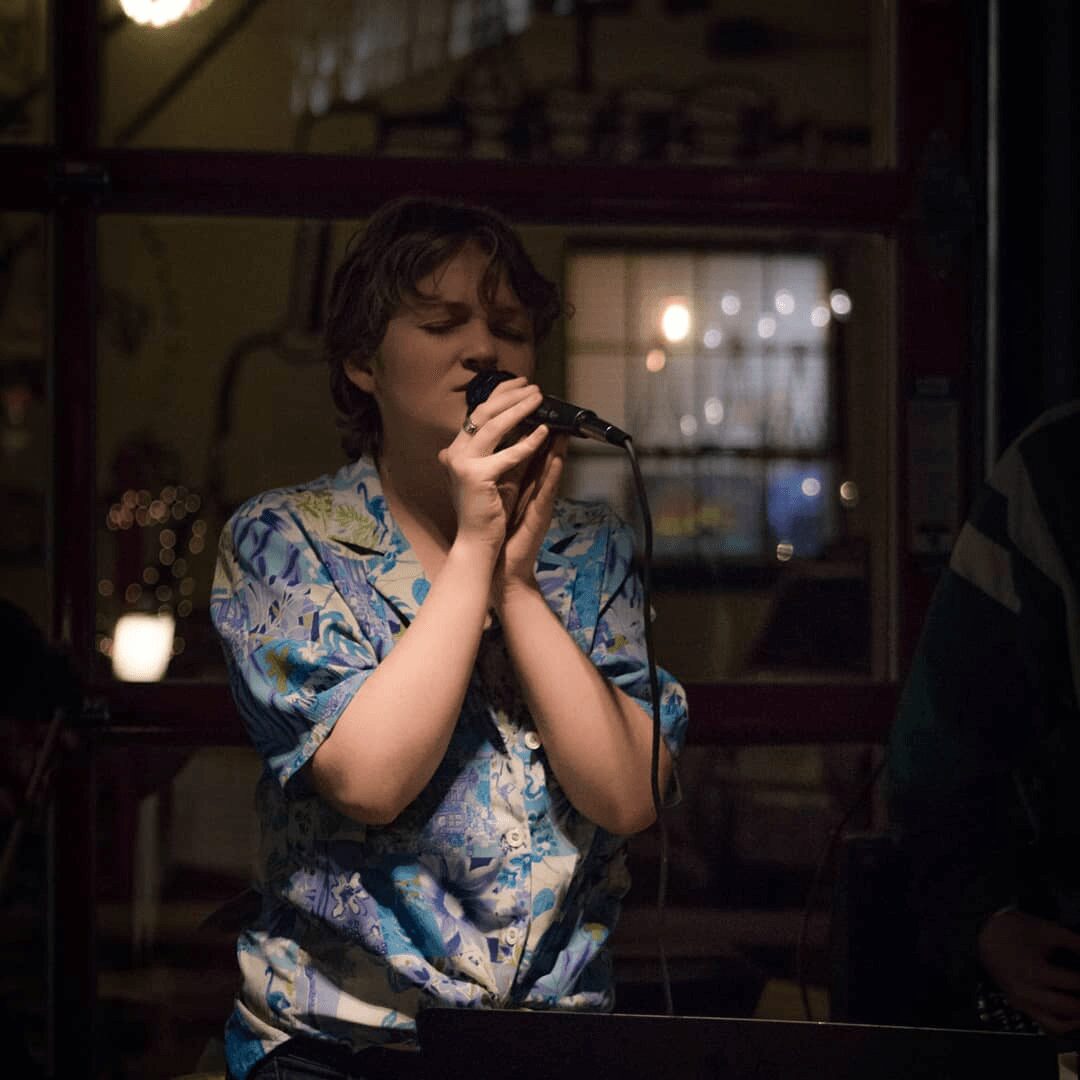
In your view, what can society to do to best support artists, creatives and a thriving creative ecosystem?
There’s many things: If you can afford to, limit your streaming service usage and buy albums directly from artists! Listen to vinyl. Interact with your favorite local artists on social media. Buy your favorite independent band’s merch.
But most importantly, don’t wait for your favorite touring artist who’s charging hundreds of dollars for tickets to enjoy live music. In the meantime while you’re waiting for their tickets to go on pre-sale, go see shows performed by local musicians, and discover your new favorite artists right in your neighborhood. It’s also a great way to make friends and connect with the community.
Contact Info:
- Website: https://lizzitrumbore.org
- Instagram: @trumboremusicstudio
- Other: BANDCAMP: https://lizzitrumbore.bandcamp.com/
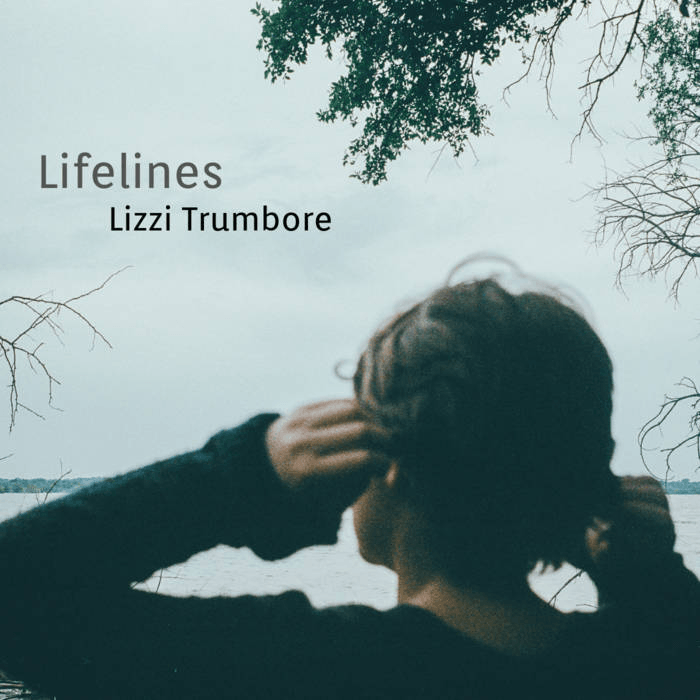
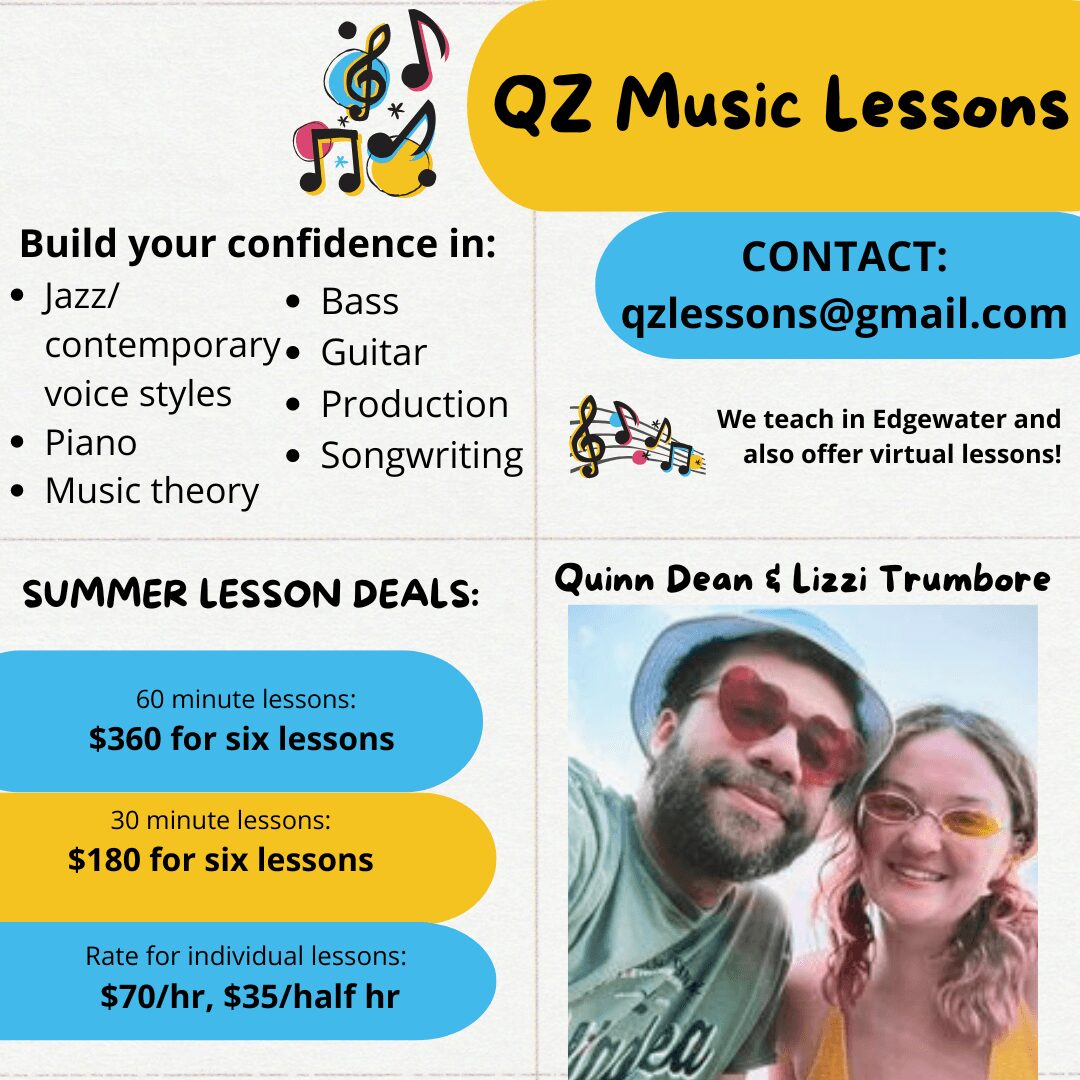
Image Credits
Mallory Frenza, Dallas Dillard, Drew Dahan


